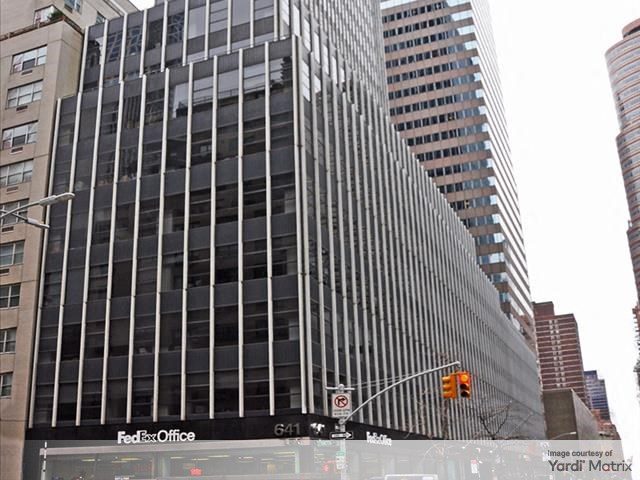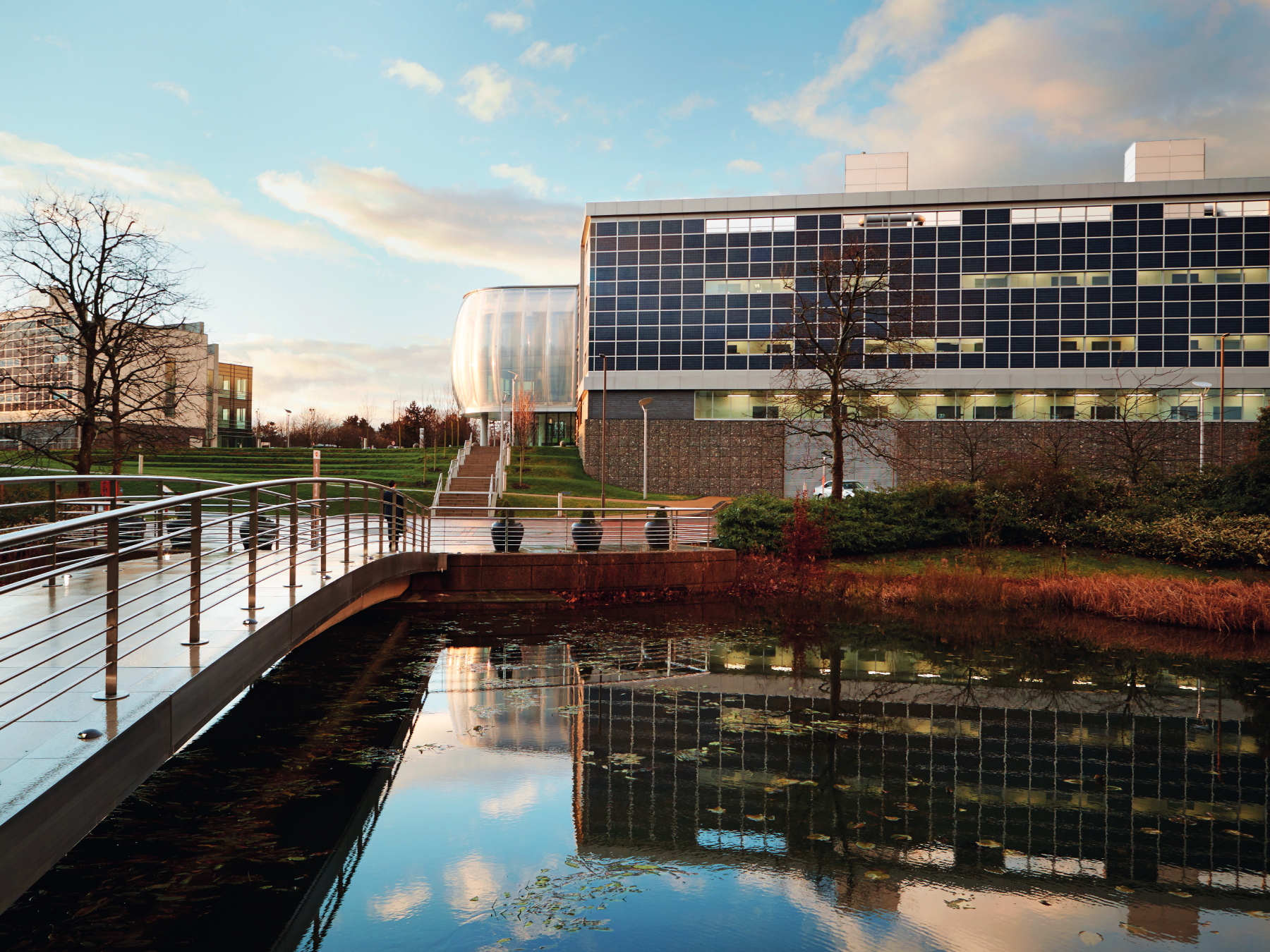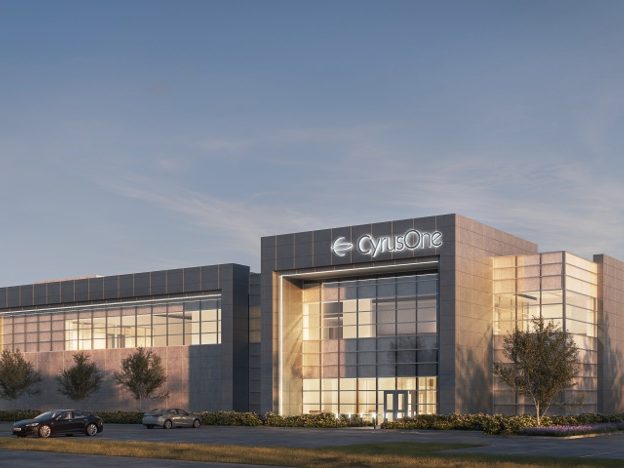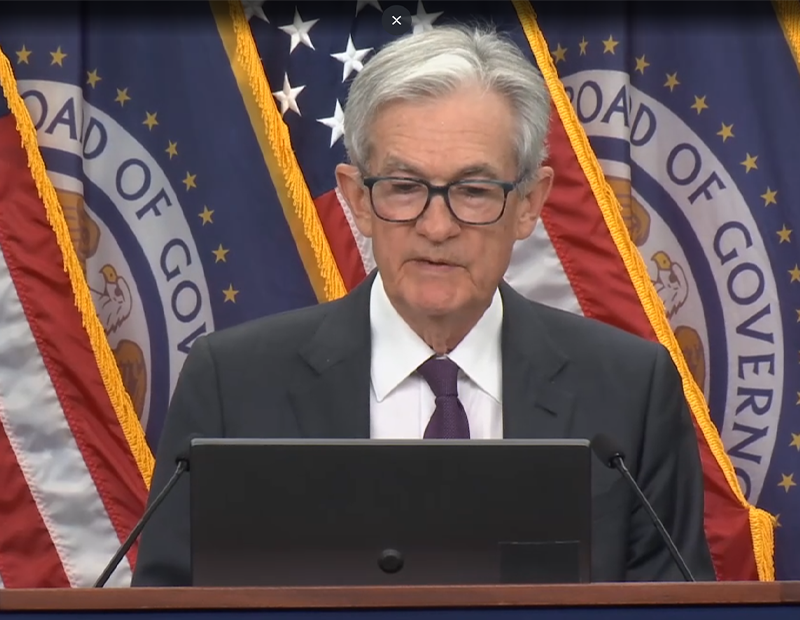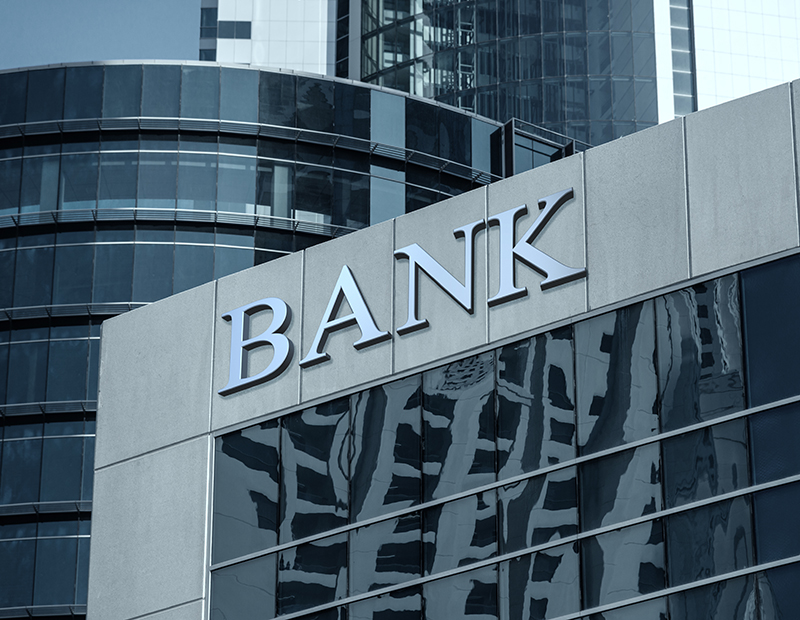Economy Watch: Hotels Enjoy Splendid ’15, But Stiff Competition Ahead
2015 was the hotel industry's best year in a while, but can this strong performance last?
By Dees Stribling, Contributing Editor
The hotel industry had its best year in a long time in 2015, but will it last? According to STR Inc., the U.S. hotel industry’s occupancy increased 0.8 percentage points to 53 percent in December 2015 compared with a year earlier; its ADR was up 2.4 percent to $115.81 over the same period; and its RevPAR increased 3.2 percent year-over-year to $61.41. RevPAR has increased year-over-year for 70 consecutive months and all of the key performance indicators finished 2015 at all-time highs, according to the company.
That represents a recovery for the hotel industry from the lows of 2009, and has spurred a fair amount of new development. Yet a new form of competition is rising in the lodging business, enabled by technology. The best known of these is Airbnb, which is growing at a rapid pace, with users spending $2.4 billion on lodging in the U.S. using the platform over the period from October 2014 to September 2015, according to CBRE Hotels’ Americas Research.
Morover, the Airbnb phenomenon is a concentrated one. Over the same October ’14 to September ’15 study period, more than 55 percent of the $2.4 billion generated by the booking platform was in only five U.S. cities (New York, Los Angeles, San Francisco, Miami and Boston), which represents a significant portion of the lodging revenues in these markets.
For existing hotels, the growth of average daily rates will most likely be curtailed, explained R. Mark Woodworth, senior managing director of CBRE Hotels. The fluid nature of Airbnb’s supply suggests that hotels’ traditional price premiums during peak demand periods will be mitigated. “The other impact may be on new hotel construction,” he said. Airbnb may be an impediment to traditional hotel construction and could reduce traditional hotel supply growth in many markets.

